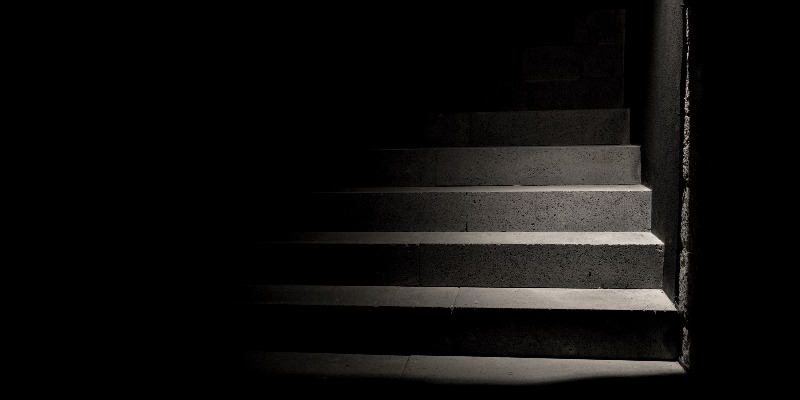Learning to Walk in the Dark: because God often shows up at night

|
Author: Barbara Brown Taylor |
Book review by John Schofield
Barbara Brown Taylor is an American theologian whose book
The Preaching Life has inspired a generation of aspiring preachers and transformed many others who have lived long with the art. Some years ago her journey took her away from the institutional church she had served for over 20 years – recorded in
Leaving Church – but not away from God, Jesus or the theological quest.
Her latest book is a wonderful exploration of darkness. She takes us through all sorts of darkness, starting by pointing out the duality of so much (though by no means all) of the biblical usage of light and darkness and how this is reflected in what she stunningly describes as ‘full solar Christianity’ in which light is all good and darkness all bad – not necessarily very helpfully. I wondered whether she had come across the writings of the late John Hull, a great blind theologian who helped many of us to see the alienating effect of the light/darkness dichotomy; but there are no references to him at all.
But unlike John Hull, Barbara Brown Taylor writes as a seeing person. Nevertheless she is one who takes us on a journey through all kinds of darkness so that we may come to appreciate, learn from and love the dazzling darkness. She has us sitting under the stars and moon, exploring underneath a stone; she takes us through her own experience as a student of working through the night on into a recent experiential exposure to darkness in which blind and sighted people change places; she leads us into caves where you really cannot see your hand in front of your face, explores the value of endarkenment, and encounters Our Lady of the Underground in the crypt of Chartres cathedral, and much more beside.
Her discussion of the dark night of the soul, terrifying in its reminders of the darkness of Christian history, wonderfully links John of the Cross with Fowler’s stages of faith and the writings of Gerald May (who speaks of a sense of God and the wisdom to continue to trust God in the absence of any sense of God). It is something to which I will return again and again.
There is so much that is stimulating, I want to say enlightening but know I ought not to, about this book. For instance, having quoted Amazing Grace’s first verse, she comments: ‘Maybe that is how grace works, but tonight it seems equally possible that the grace I need will come to me in the dark, where I too may learn to see the celestial brightness that has nothing to do with sight.’
Later she offers nuggets such as these:
‘New life starts in the dark. Whether it is a seed in the ground, a baby in the womb, or Jesus in the tomb, it starts in the dark.’
‘We go to counsellors when we want help getting out of caves. We go to [spiritual] directors when we are ready to be led further in.’
‘When I am looking for something large, bright and unmistakably holy, God slips something small, dark and apparently negligible into my pocket.’
‘Why don't we look to the moon for wisdom about our relationship to God? Sometimes the light is coming and sometimes it is going. Sometimes the moon is full and sometimes it is nowhere to be found. There is nothing capricious about this variety since it happens on a regular basis.’
Liberal, radical and progressive Christianity, with its mindset framed almost exclusively by the enlightenment, needs to listen to this voice, not just because - like many of us – she has issues with the institutional church, but also because she helps us discover that darkness is not something to fear, escape or deny, but rather something to embrace as essential to our spiritual formation into what God in Christ wants us to become.
Publisher
Canterbury Press
Photo Credit: Carolina Pimenta on Unsplash |
Edition / Date Published
2015 |
Resource Type
Books and book reviews |